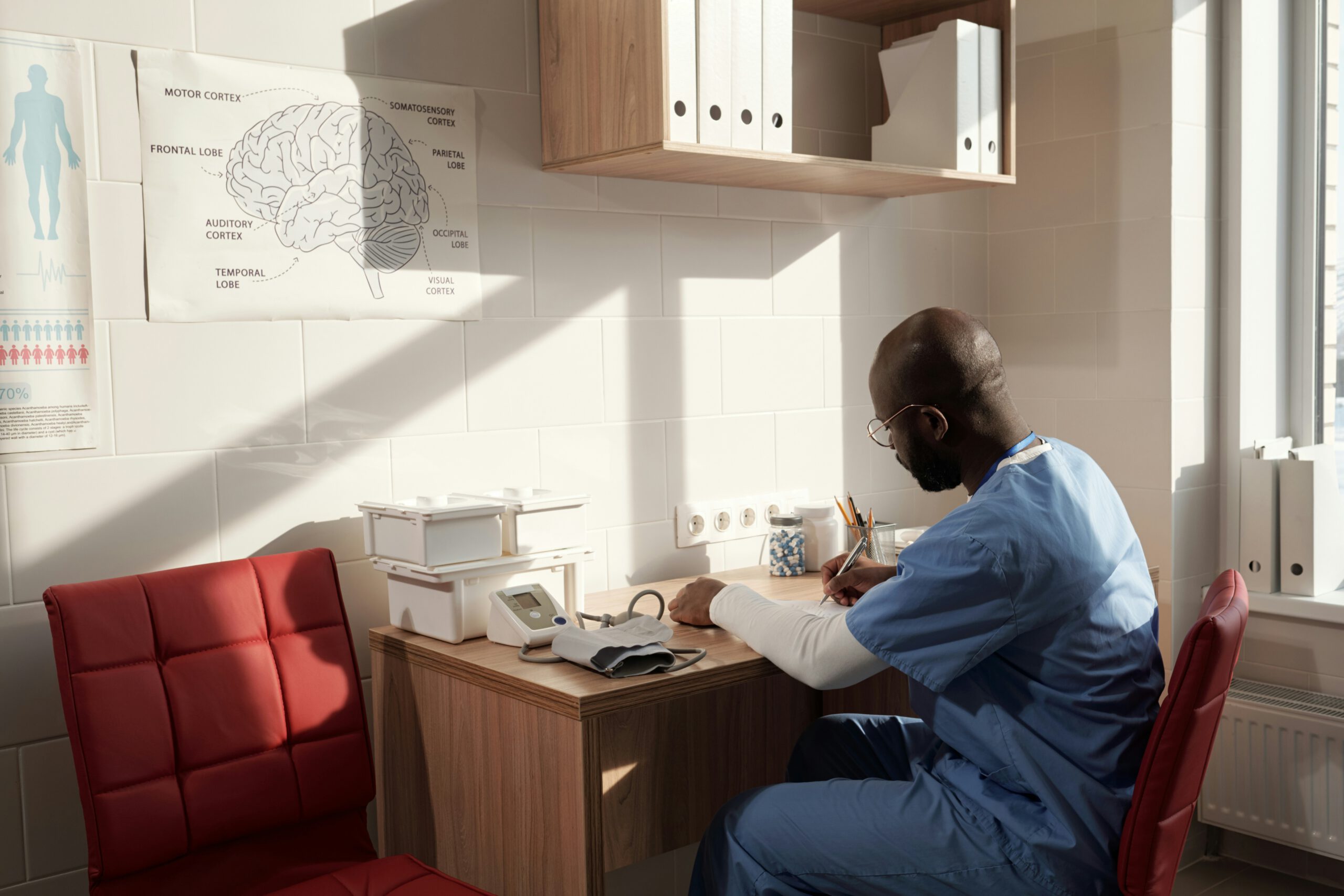The Future of Psychiatry TMS and Precision Medicine
Psychiatry is undergoing one of the most significant transformations in decades. With the rise of digital health platforms, remote patient monitoring, and precision medicine, clinicians are rethinking how to deliver mental health care that is both effective and accessible. At the center of this digital shift lies transcranial magnetic stimulation (TMS), a therapy once considered niche but now positioned as a leading solution for treatment-resistant depression and other neuropsychiatric conditions. In this article, we will examine the future of psychiatry TMS, how it intersects with digital technologies, and why the next five years will define its role in modern care.
Psychiatry’s Move Toward Digital Integration
Mental health care has traditionally relied on a combination of psychotherapy and medication. While effective for many, these methods have limitations, especially for patients who do not respond to first-line treatments. The introduction of digital health tools such as wearable devices, AI-driven screening applications, and telepsychiatry has expanded psychiatry’s reach, making it easier to collect real-time patient data and deliver care remotely. However, digital tools alone cannot address the biological underpinnings of psychiatric illness. That is where TMS, with its ability to target specific brain regions, seamlessly aligns with psychiatry’s evolving digital infrastructure. When paired with data-driven insights, TMS has the potential to become not just a treatment, but a core element of precision psychiatry.
The Role of TMS in the Next Five Years
1. Personalization Through Biomarkers
As precision medicine grows, the future of psychiatry TMS will increasingly depend on biomarkers and neuroimaging. Clinics will no longer rely solely on trial-and-error methods to determine TMS protocols. Instead, brain scans and genetic markers will guide clinicians in tailoring treatment frequencies, intensities, and coil placements.
2. Integration with Digital Platforms
Wearables that track sleep, mood, and heart rate variability can offer valuable data for adjusting TMS sessions. Digital platforms may soon recommend real-time adjustments, allowing clinicians to monitor patient response and modify treatment with unprecedented accuracy.
3. Expanding Indications Beyond Depression
Currently FDA-cleared for depression and OCD, research is exploring TMS for PTSD, bipolar disorder, substance use disorders, and even cognitive enhancement. Within five years, psychiatrists may integrate TMS as a first-line option for multiple conditions, supported by digital tracking systems that ensure accountability and outcomes.
4. Insurance and Accessibility
One of the biggest barriers to psychiatric innovation is cost. Fortunately, insurers are expanding coverage for TMS as outcomes data grows stronger. With digital platforms streamlining patient reporting, providers will be able to show measurable improvements that support reimbursement, expanding access for more patients across the United States and beyond.
Why the Future of Psychiatry TMS Is Promising
The future of psychiatry TMS is not just about innovation for innovation’s sake. It represents a true paradigm shift in mental health treatment. By aligning with digital health technologies, TMS bridges the gap between traditional psychiatry and neuroscience-driven care.
Evidence-based: TMS has consistently shown durable results, reducing relapse rates compared to medication-only approaches.
Non-invasive: Unlike electroconvulsive therapy (ECT), TMS does not require anesthesia, making it safer and more accessible.
Measurable outcomes: Digital tools allow clinicians to quantify patient progress, creating a feedback loop that reinforces treatment efficacy.
This synergy between digital psychiatry and neuromodulation therapies positions TMS as a foundation for the next generation of psychiatric care.
Looking Ahead
In the coming years, psychiatry will continue to evolve into a digital-first discipline. TMS, once considered an alternative option, is poised to become a cornerstone of evidence-based, precision-guided care. From biomarkers to telehealth integration, the treatment landscape is shifting rapidly, and clinicians who adapt will be better equipped to meet patient needs. For practices and providers seeking to stay ahead, investing in advanced TMS systems now means being prepared for the digital ecosystem of psychiatry in 2030 and beyond. The next five years are not just about technology. They are about redefining what it means to treat the brain with accuracy, safety, and compassion.
Interested in learning more about TMS technology and how it fits into the future of psychiatry? Visit Blossom TMS Therapy System or contact us directly:
Phone: 833.3BUY.TMS (+1.833.3289.867)
Email: Sales@sebersmedical.com
Address: 230 S Broad Street, 17th Floor, Philadelphia, PA 19102





